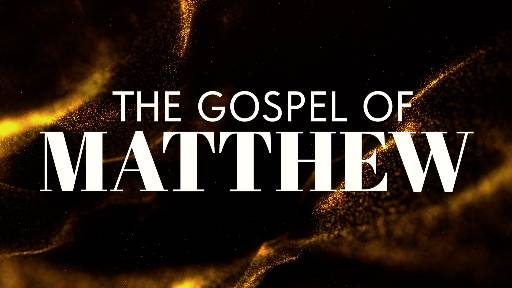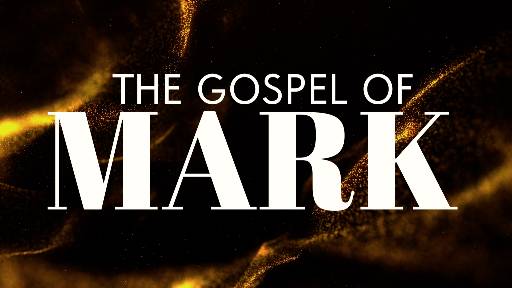-
The Glory Of The Messiah. Abridged.
Contributed by Christopher Holdsworth on Jul 10, 2023 (message contributor)
Summary: We sometimes need to step aside from the busyness of life for more intimate communion with God. The will of Jesus is that all those given to Him by the Father should behold His glory.
THE GLORY OF THE MESSIAH. Abridged.
Matthew 17:1-9.
The One who referred to Himself as the ‘Son of man’ had just been acknowledged as the Son of God (cf. Matthew 16:16). Jesus demonstrated the necessity of the Cross, and looked forward to His Second Coming. The Lord also promised a preview of the coming of the kingdom (cf. Matthew 16:28).
MATTHEW 17:1. This latter promise has more than one level of fulfilment. The disciples would witness two great precursors of the glory to come: the resurrection of Jesus, and the coming of the Holy Spirit at Pentecost. However, in the short term, “after six days” links this passage with that which immediately precedes it.
Peter, James, and John were drawn aside “into a high mountain apart.” Like Moses, who drew aside to behold the bush that burned but which was not consumed (cf. Exodus 3:3), we sometimes need to step aside from the busyness of life for more intimate communion with God. Jesus Himself was not averse to going up into ‘a mountain apart’ to pray (e.g. Matthew 14:23).
MATTHEW 17:2. There, on the high mountain apart, the three disciples witnessed the transfiguration of Jesus. Moses’ face had shone at Sinai, but Jesus’ whole Person was set aglow with the glory of the LORD in the mountain of Transfiguration. Truly God was here, setting His tabernacle amongst men.
John testified: ‘We beheld His glory, the glory as of the only begotten of the Father’ (cf. John 1:14). Peter spoke of being ‘eyewitnesses of His majesty’ (cf. 2 Peter 1:16-18).
MATTHEW 17:3. The appearance of Moses and Elijah, talking with Jesus in the mountain, is indicative of the continuance of life beyond this earthly realm. It represents anew the fulfilment of the law and the prophets in the Person of our Lord (cf. Matthew 5:17).
[It is not until Luke 9:31 that we are told what they were talking about: ‘His decease (Greek = ‘exodus’) that He should accomplish at Jerusalem.’]
MATTHEW 17:4. Peter, impetuous as ever, suggested that they set up three tabernacles (tents for worship).
MATTHEW 17:5. Immediately a bright cloud overshadowed them, and removed Moses and Elijah from their sight. As at the Baptism of Jesus (cf. Matthew 3:17), a voice from heaven acknowledged Jesus as the Beloved Son: this time adding, “Hear ye Him.”
MATTHEW 17:6. Jesus would later teach: ‘I am the way, the truth, and the life: no man comes to the Father but by me’ (cf. John 14:6). Peter had yet to learn that ‘there is only one Name by which we must be saved’ (cf. Acts 4:12). Meantime, the three disciples found the whole experience quite overwhelming, “and were sore afraid.”
MATTHEW 17:7. Fear stands in the place of faith, until we receive the touch of Jesus. The One whom we previously could only see through the dread of law and an awakened conscience, now becomes the Friend with the healing touch. The first thing we ‘hear’ (cf. Matthew 17:5) from Him is a call to spiritual resurrection: “Arise, and be not afraid.”
MATTHEW 17:8. Then, and only then, do we lift up our eyes and see “Jesus only.”
MATTHEW 17:9. Now the three were equipped to come down the mountain, entrusted with a secret. Jesus descended again, as He had descended at the incarnation, bringing His healing touch back into the melee and confusion of human life.
The will of Jesus is that all those given to Him by the Father should behold His glory (cf. John 17:24). For the time being, we behold the glory of the Lord ‘as in a glass’ (cf. 2 Corinthians 3:18), and are being transformed thereby. This anticipates the glory of the Second Coming, when ‘we shall be like Him; for we shall see Him as He is’ (cf. 1 John 3:2).

 Sermon Central
Sermon Central


